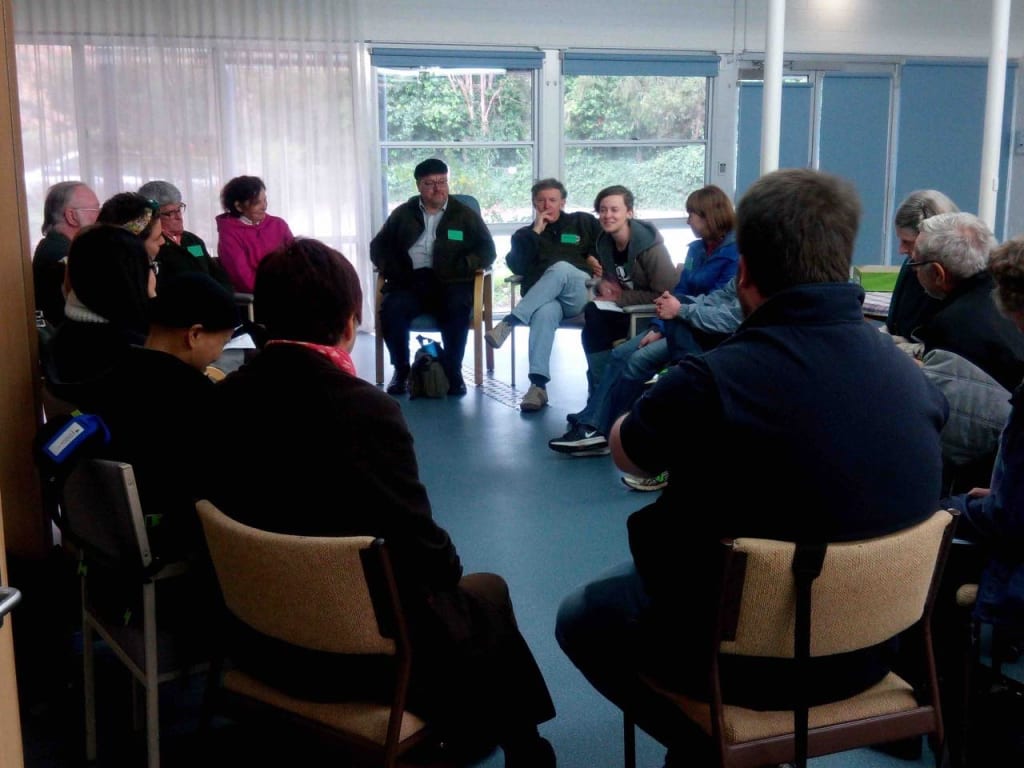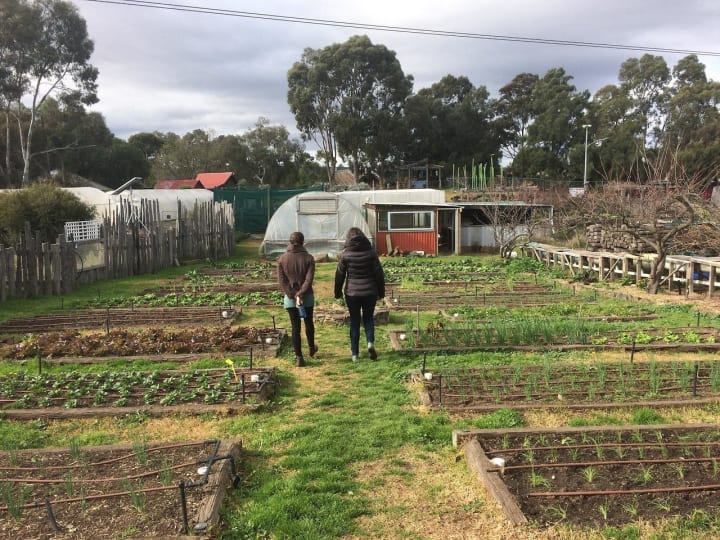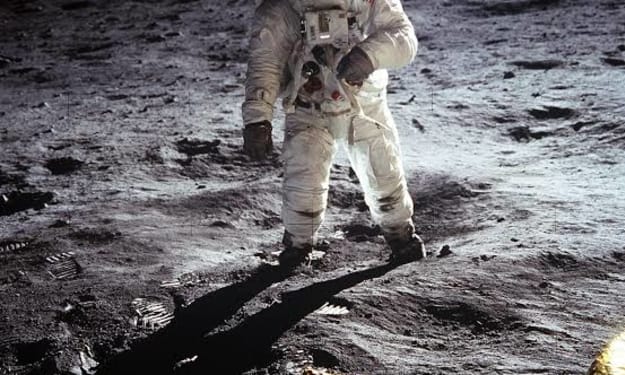Self reflection to help ground yourself at home, your relationship with nature and with others online
Re-building your relationship with nature and sharing it with others #lockdownactivities

I will be referring to the workshop I shared in my post here on Spiritual Ecology facilitated by Sufi mystic - Emmanuel Vaughan-Lee.
Emmanuel reminds us to use ‘seeds of remembrance’ to ‘acknowledge’ our ‘being’ with the Earth because we live in an age of ‘forgetfulness.’
“We live in not only a world of destruction, but a world of distraction.”
Activity One - Prepare to give your Eco-Testimony:
Let's explore our grief & suffering through these questions:
1.What values/faith tradition(s)/practices informed the way that you were raised? And how did they help you define the way you live now?
2.Have you ever experienced God/the divine/unity/love, in nature? If so, how did that experience influence the way you think/live? Was the experience ‘conceptual’ or ‘experiential?’
3. When was your first experience that you experienced the destruction of nature/Earth/environment?
4. How did it impact you/feel? (emotionally, physically etc.)
5. How did you respond to it?
Have time to think, reflect and note it down. It would be good to ‘communicate’ these experiences with someone/or related group.
The next activity requires you to reflect on your work/job/profession. This exercise will help you use ‘spiritual ecology’ practices/values to reach out to your community.
“We are all storytellers. We all interact using different mediums.”
He encourages that our ‘small’ feats, our everyday ‘doings’ may take time ... For example: listening, being present, simply being... as 'powerful’ acts deemed by spiritual leaders.
Emmanuel shared that ‘religion’ can be deemed as ‘dogmatic’ and ‘hierarchal,’ which creates misunderstandings in religious practices. Spiritual ecology on the other hand encourages the use of ‘universal values’ we can all relate to.
“What connects us is more powerful than what separates us.”
Activity Two - Practicing:
1. How would you embody values (eg. compassion, service & stewardship) in your work?
2. What are some ways you are already doing this? (share to your fellow group/community)
3. What are some ways you could imagine yourself doing this?
4. What are some examples your aware of that is around you?
5. What would you like to see change regarding the way we as a society think about/interact with the environment?
6. What are you doing now to make that change possible?
-
Again, have time to ponder, brainstorm and reflect. Discuss and share. Give some suggestions/ideas in your community/personal group. How can we further explore a plan of action together?
In conclusion, Emmanuel highlighted the essence of ‘spiritual ecology:’
-simplicity (being)
-authentic (relationships)
-foundational
-universal (values)
-encourages self-awareness (our relationship to the Earth & people)
-
In this pandemic,
I am reminded that life and happiness is real when shared. The movie 'Into the Wild' hits home for me because the practice of relationships gives life a richer purpose.
Although face to face connection is challenging, we have Zoom, Facebook Groups and apps like Instagram to fuel stories and conversations.
Steps to take action at home:
1. Find and create allies.
2. Prepare the groundwork by facilitating conversations about the environment and our stories at the moment especially around #homelife, tending our garden, front yard and indoor plants.
My tip to help you with sharing your eco-testimony to your friends and community is that part of the story of our natural environment is that it's not only personal to us but connects our whole reality holistically. Connect nature personally in your life experience and wait for your peers to gradually open up and begin sharing also. You would be surprised at how rich our stories are...
I first reflected on this when I was studying Architecture. Architecture is not defined by only the 'built environment' made by human's hands. It is interwoven by nature, reality, society/culture and technology.
3. Relate your story and your groups stories by referring to events, experiences with other humans and places across the world. Invite a guest speaker to share their work, their practice and creative piece!
~
Emmanuel, the Sufi mystic mentioned that spiritual ecology is an 'compartmentalisation' of fields: ecology, science, philosophy, religion & spirituality.
Everything is 'interconnected.'
~
What can we do during this time at home during lockdown to re-build ourselves at home, in our garden, front yard, in our kitchen, with our fruit trees....?
Happy home-life-living everyone #staysafe

About the Creator
🇻🇳 Journey with Juju 🇦🇺
I'm here for those who are looking for something more.
#LESSjunkmoreJUJU
~Currently documenting my post-lockdown life:
Part time Mental Health Worker / Part time Artist.
Let's make meaning together Millennials ✌🏽






Comments
There are no comments for this story
Be the first to respond and start the conversation.